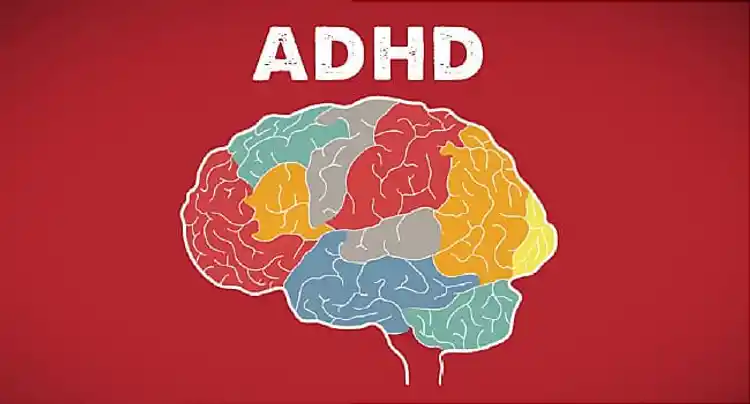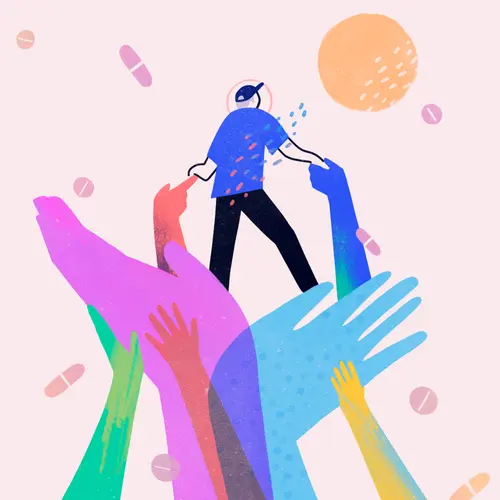The Brain on ADHD

Hide Video Transcript
Video Transcript
Attention Deficit Hyperactivity Disorder -- or ADHD -- is a condition that causes both kids and adults to be easily distracted, fidgety, and impulsive.
What looks, on the surface, like a behavioral problem is actually a BRAIN DISORDER that affects both the structure and function of the brain.
Research has found that the brains of people with ADHD are smaller in certain areas -- especially in the frontal lobe -- affecting impulse control, concentration, and inhibition.
Brain development is also slower in people with ADHD. The neural pathways don't connect and mature at the same rate, making it harder to pay attention and focus.
This can impair executive function, which handles organization and routine tasks.
ADHD impacts brain chemistry, too. People with ADHD have trouble processing dopamine, a chemical linked to movement, sleep, attention and learning.
ADHD can be tricky to diagnose and challenging to manage -- but it doesn't have to be. Consult with a doctor... for all your questions about ADHD.
What looks, on the surface, like a behavioral problem is actually a BRAIN DISORDER that affects both the structure and function of the brain.
Research has found that the brains of people with ADHD are smaller in certain areas -- especially in the frontal lobe -- affecting impulse control, concentration, and inhibition.
Brain development is also slower in people with ADHD. The neural pathways don't connect and mature at the same rate, making it harder to pay attention and focus.
This can impair executive function, which handles organization and routine tasks.
ADHD impacts brain chemistry, too. People with ADHD have trouble processing dopamine, a chemical linked to movement, sleep, attention and learning.
ADHD can be tricky to diagnose and challenging to manage -- but it doesn't have to be. Consult with a doctor... for all your questions about ADHD.
